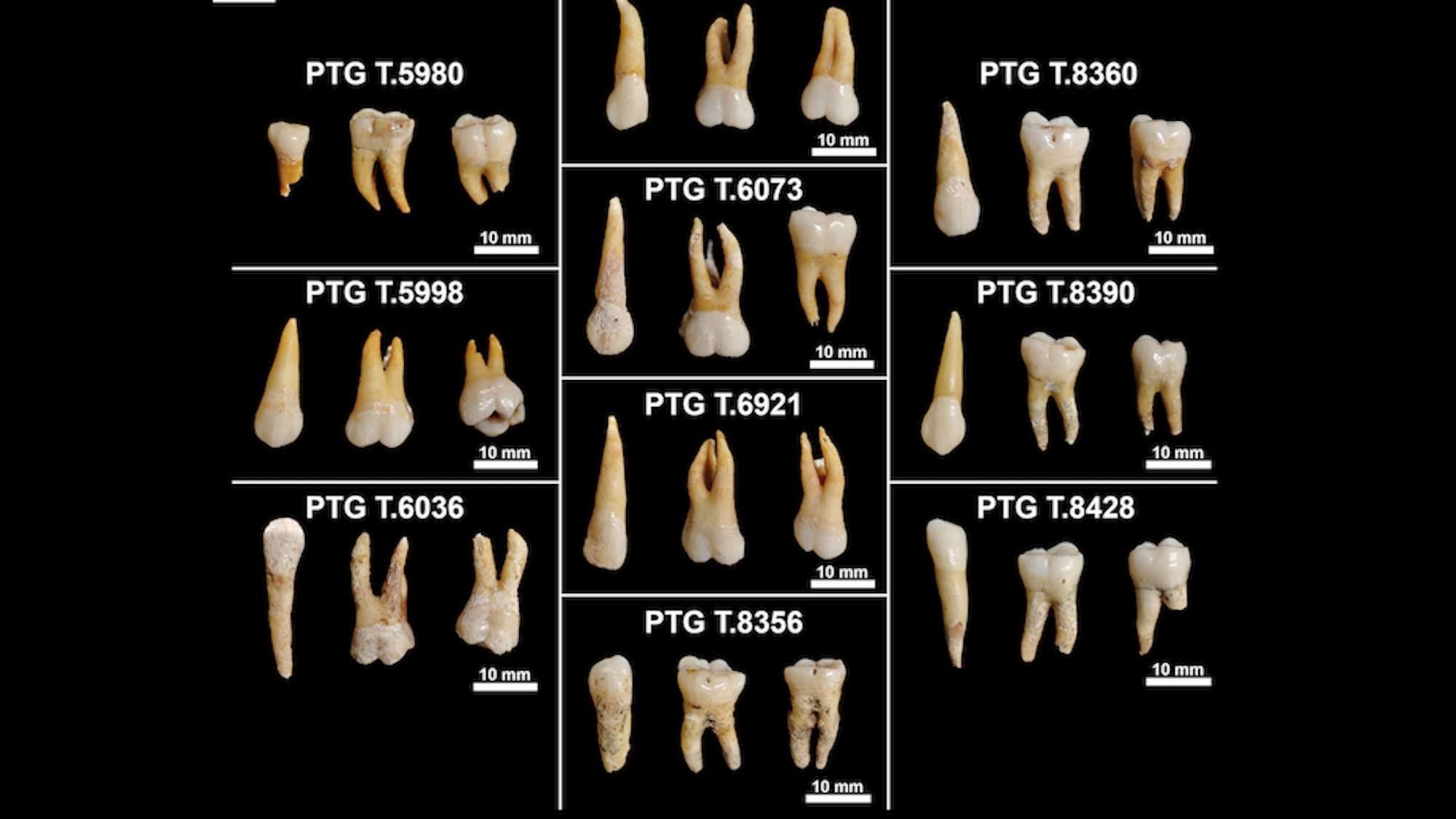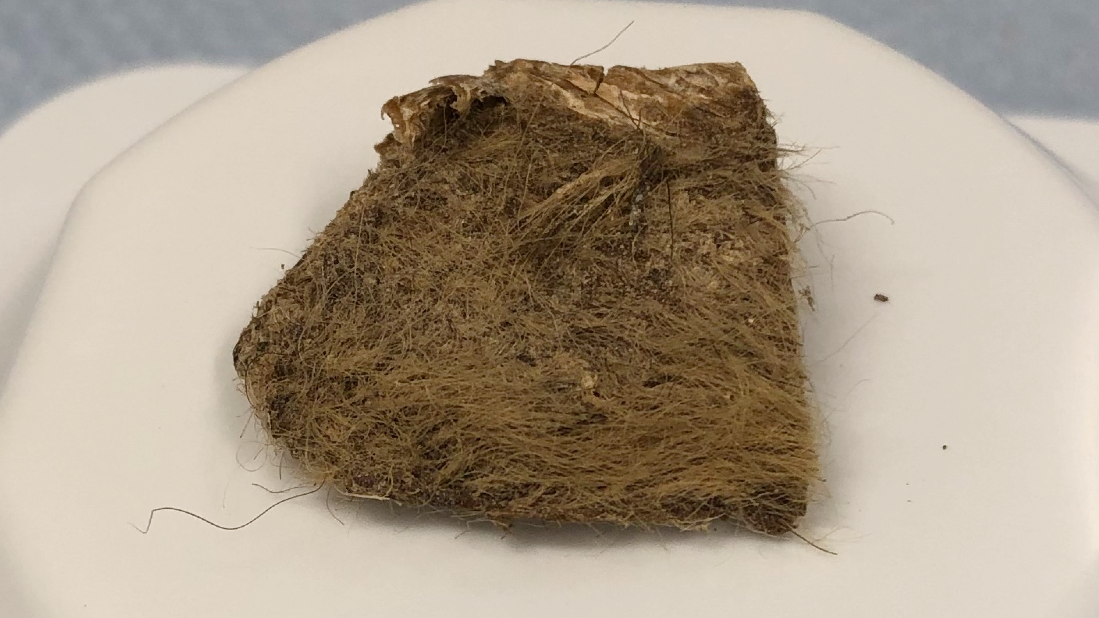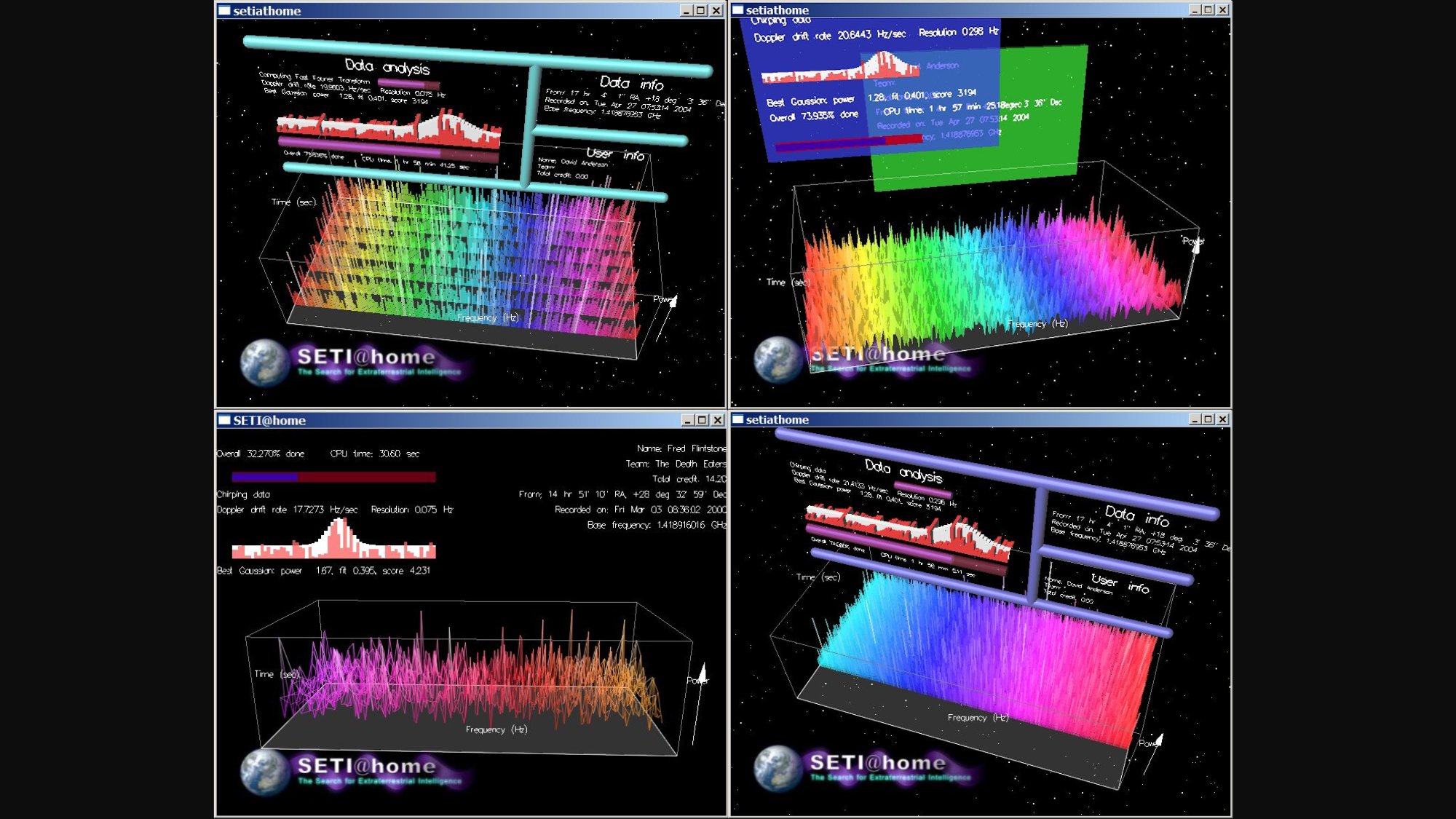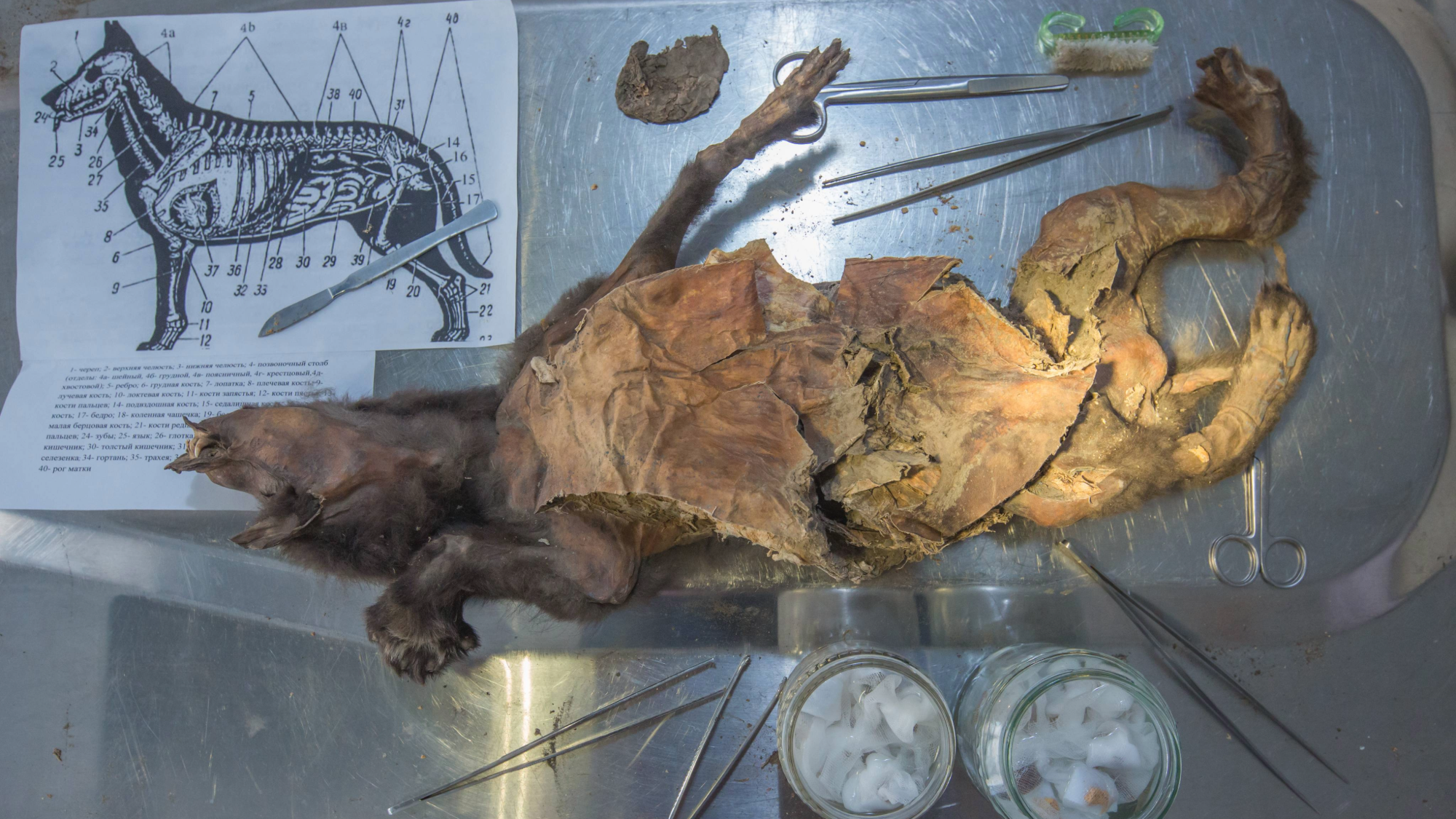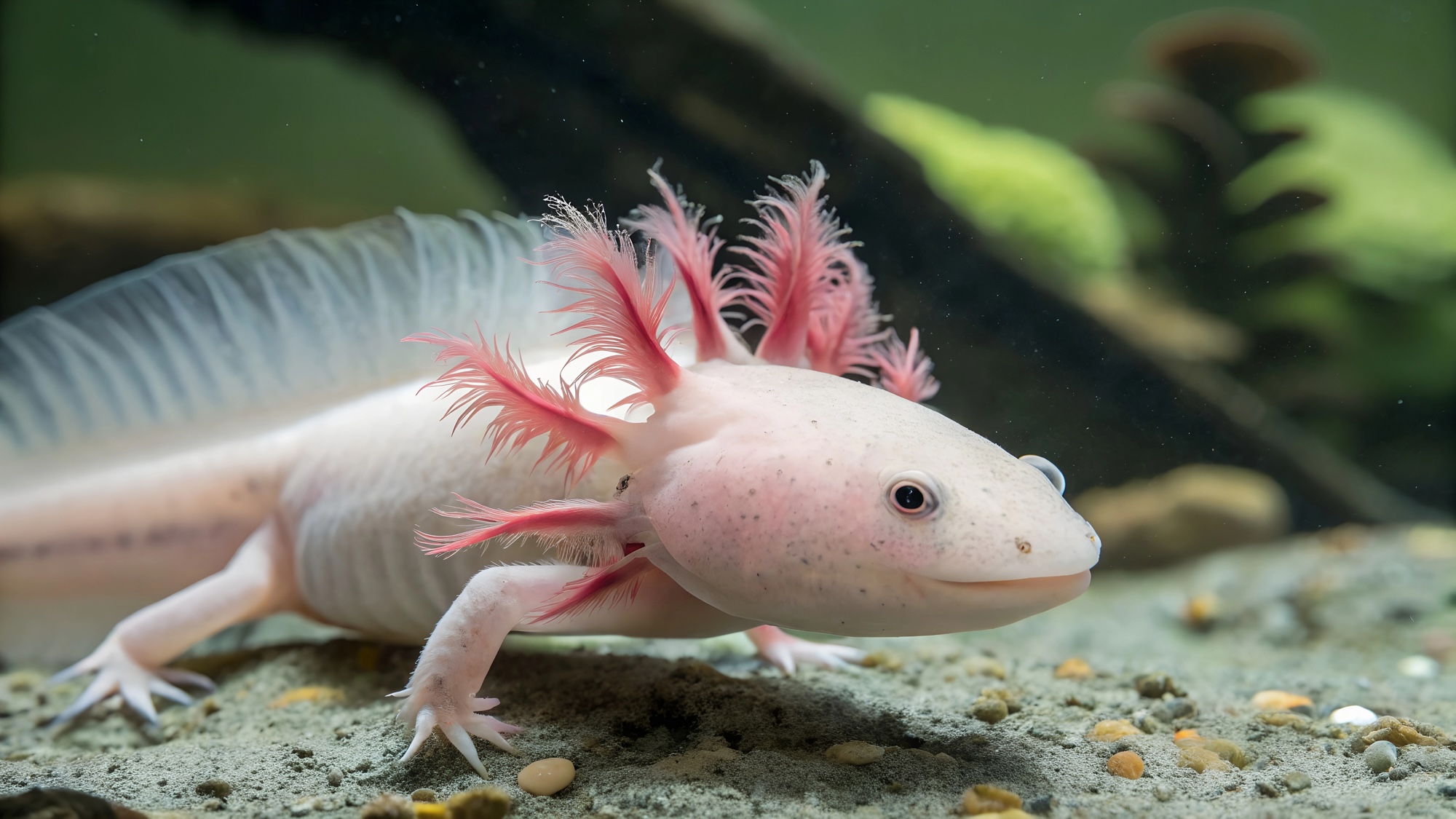Cats love to massacre bugs, and scientists have the videos to prove it
PositiveScience
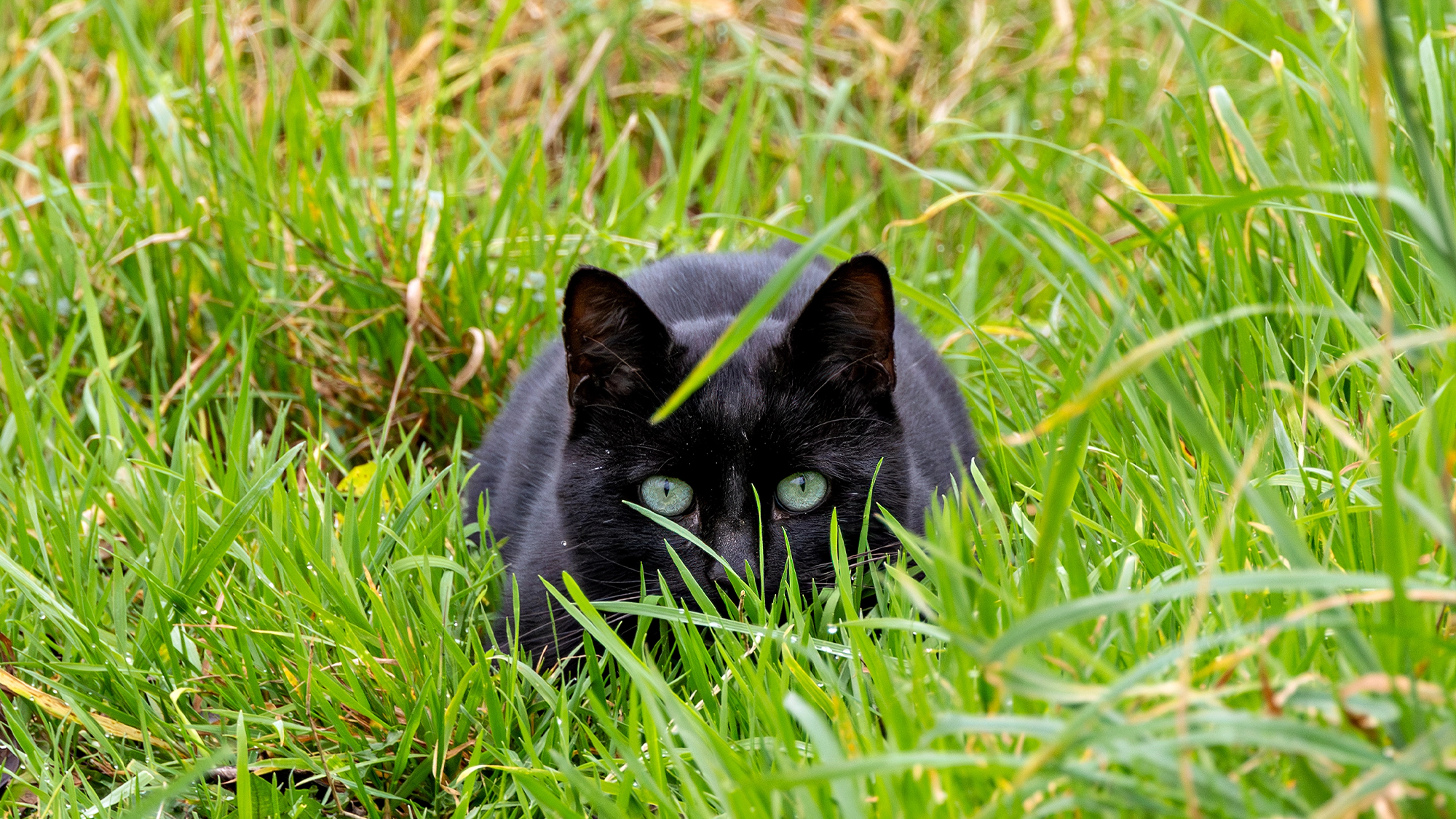
- Scientists have documented cats' predatory behavior towards insects, showcasing their natural instincts through video evidence. This research highlights the role of digital media in studying animal behavior.
- The findings are significant as they enhance understanding of feline behavior and contribute to the field of iEcology, which utilizes technology to observe wildlife interactions.
- This development reflects broader trends in animal behavior research, where video documentation is increasingly used to study complex ecological interactions, paralleling other recent discoveries in the animal kingdom.
— via World Pulse Now AI Editorial System

